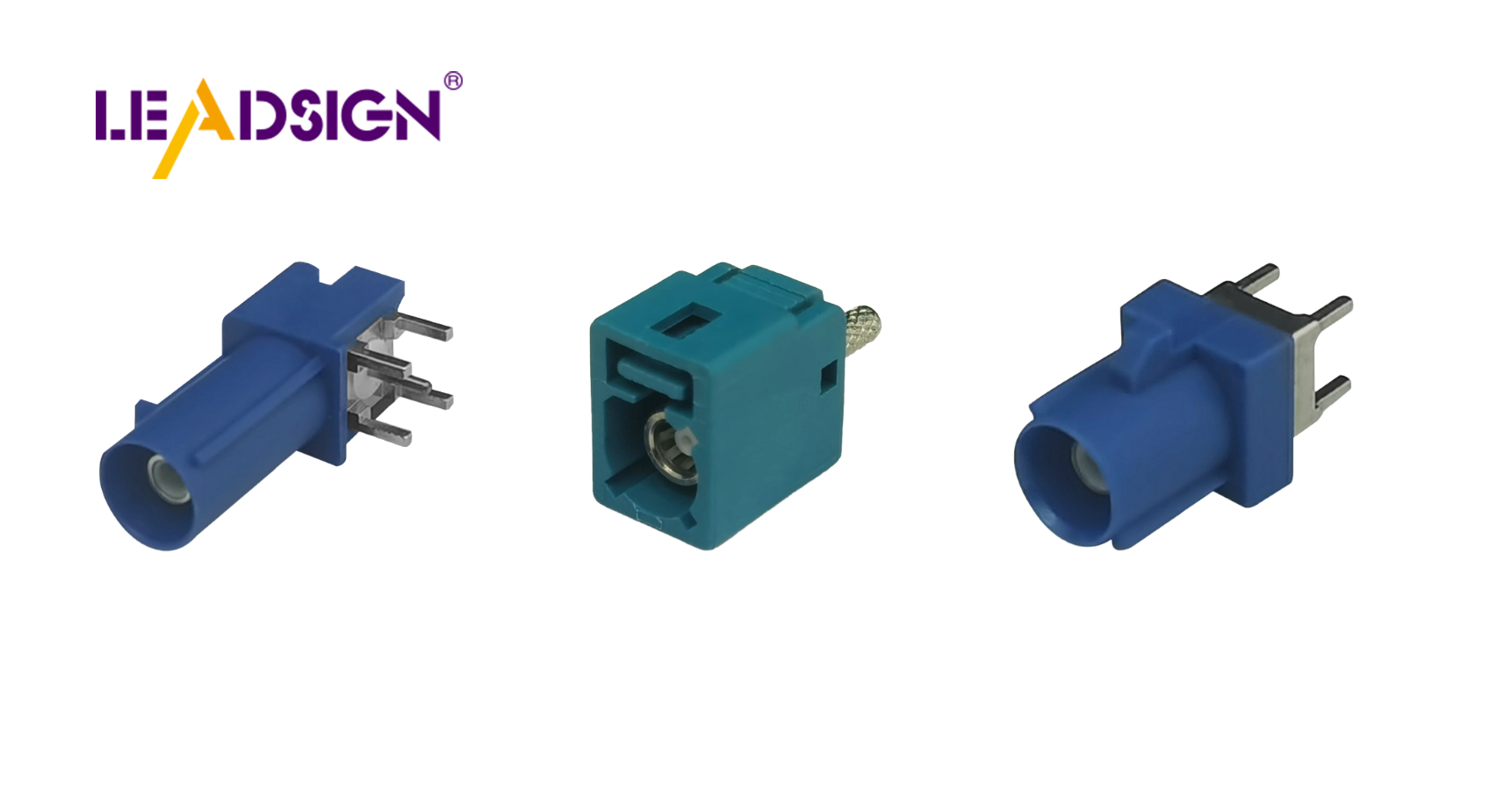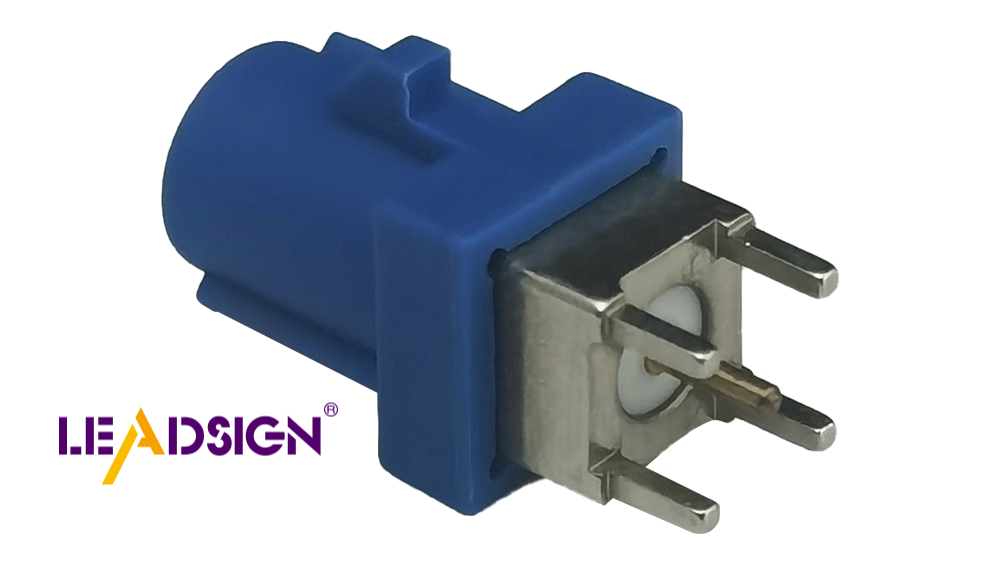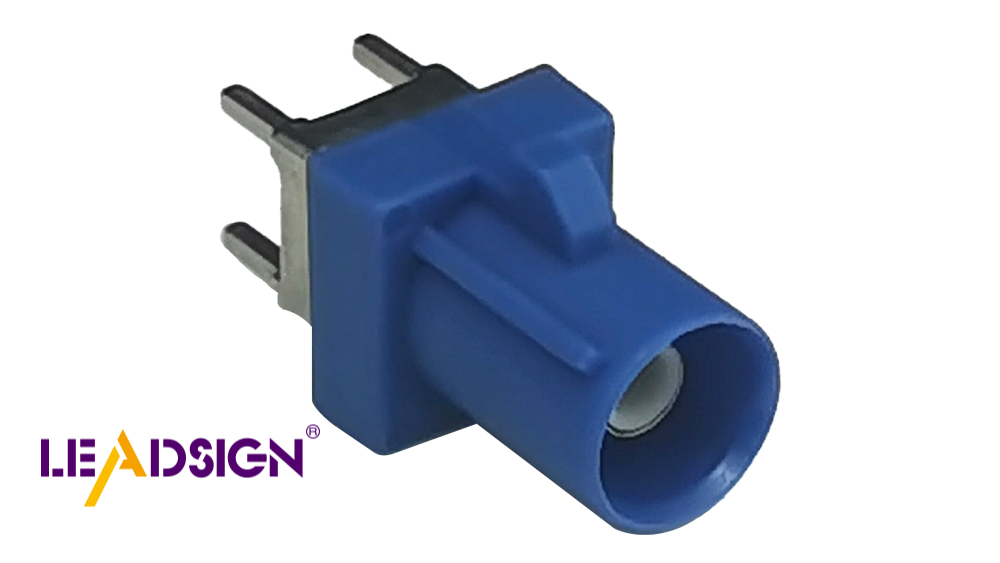A Complete Guide to Choosing Car Harness Connectors for Your Vehicle

Car harness connectors are important for your car's safety and work. They help systems like airbags, brakes, and lights function properly. Strong airbag connections can save lives in crashes. Bad connectors might overheat, get water damage, or not work well. This can cause dangerous problems. Picking strong and matching connectors keeps your car safe and reliable.
Key Takeaways
Pick connectors that fit your car's brand and type for safety.
Buy good-quality connectors to avoid problems and work well in bad weather.
Check and care for connectors often to make them last longer and protect your car's wires.
What Are Car Harness Connectors?
What Do Car Harness Connectors Do?
Car harness connectors are key parts of your car's wiring. They connect wires and devices so they can work together. These connectors come in several types, such as inline, box, PCB mount, and terminal connectors. Here's a simple breakdown:
Type of Connector | What It Does |
|---|---|
Inline Connectors | Fixed to cables and plug into other connectors. |
Box Connectors | Placed on devices to connect with cables. |
PCB Mount Connectors | Attached to circuit boards for connections. |
Terminal Connectors | Join wire sections permanently. |
These connectors power things like lights, sensors, and music systems. They also help keep your car safe and running well.
Why Are They Important in Car Wiring?
Car harness connectors are the heart of your car's wiring system. This system keeps wires neat and protected while sending power and signals. Connectors link different wiring parts securely. They make fixing or replacing parts easier without messing up the whole system. These connectors are built tough to handle shaking, heat, oil, and water. This makes sure they work even in hard conditions.
Where Are They Used in Cars?
Car harness connectors are found all over your car. Inside, they connect things like radios, sensors, and GPS. Outside, they help mechanics use tools for repairs. They also allow temporary device swaps, making fixes simpler. Whether for lights, safety, or entertainment, these connectors are crucial for your car to work well.
Types of Automotive Wiring Harness Connectors

Knowing the types of wiring connectors helps you choose better. Each type has a specific use and unique advantages for cars.
Wire Terminals
Wire terminals make strong, lasting connections in car wiring. They are usually metal, so they last long and handle high power. These are used for things like batteries or starter motors. But, you need tools to install them since they aren't quick to disconnect.
Feature | Wire Terminals | Connectors |
|---|---|---|
Durability | Made of metal, strong and long-lasting | Often plastic, less durable |
Current Capacity | Handles high power, good for big tasks | Handles low power, for small devices |
Connection Type | Permanent, needs tools to install | Quick to connect and disconnect |
Multi-Pin Connectors
Multi-pin connectors join many wires in one small piece. They are used in modern cars for systems like engines or screens. These connectors are easy to plug and unplug, making repairs simple. Their design keeps connections safe and prevents electrical issues.
Weatherproof Connectors
Weatherproof connectors work well in tough conditions. They are sealed to block water, dust, and extreme weather. You’ll see them in headlights, taillights, or outdoor sensors. Weather Pack connectors are a popular choice for reliable outdoor use.
Key Features of Weatherproof Connectors:
Blocks water and dust.
Works in very hot or cold weather.
Great for outdoor car parts.
Specialty Connectors for Audio, Lighting, and GPS Systems
Specialty connectors are made for specific car needs like music, lights, or GPS. For example, FAKRA connectors are used for GPS antennas or Bluetooth. They are secure and easy to install, saving space and ensuring good performance.
Tip: Always check if specialty connectors fit your car model for the best results.
Learning about these connectors helps you pick the right one. Whether you need strength, weatherproofing, or special features, the right connector keeps your car wiring safe and working well.
Factors to Think About When Picking Car Wire Harness Connectors
Matching Your Car's Make and Model
Pick connectors that fit your car's make and model. Check if they match your car's power needs and cables. Also, ensure they resist water and moisture. Using OEM connectors is a smart choice. They fit perfectly with your car's wiring system. This helps keep electrical connections steady during fixes or upgrades.
Tip: Always check your car's voltage and power needs before buying.
Toughness and Protection Against Harsh Conditions
Connectors should handle tough conditions like shaking and stress. Choose ones with strong covers and anti-vibration features. Sealed connectors block water, dust, and dirt. Materials like stainless steel keep connections secure in extreme heat or cold. These features make connectors last longer in any weather.
Power and Voltage Limits
Each connector works with certain power and voltage levels. Pick connectors that match your car's electrical system. Using the wrong one can cause overheating or failure. For high-power parts like starter motors, use strong connectors. For smaller devices, low-power connectors are better. Always check the ratings for safety.
Fitting in Tight Spaces
Modern cars have little room for wiring. Compact connectors save space and still work well. Look for ones with locks and easy-to-use designs. These features keep connections secure in small spaces. Good connectors also resist shaking and heat, so they stay tight over time.
Easy to Install and Maintain
Choose connectors that are simple to install. Look for designs with clear locking systems and easy assembly. This makes setup faster and safer. Regularly check connectors for damage to keep them working well.
Note: High-quality connectors last longer and save money on replacements.
Why Quality Matters in Automotive Wire Harness Connectors
Benefits of Using Certified and Reliable Connectors
Picking certified connectors keeps your car safe and working well. These connectors meet strict rules, making them strong and reliable. They work even in tough weather and last a long time. Installing and fixing them is easier, saving you time. Good connectors lower the chance of electrical problems and keep parts connected securely.
Keeps cars safe and reliable
Strong and works in tough weather
Easy to install and fix
Works well in extreme conditions
Saves money for car owners
Using high-quality connectors protects your car's wiring and improves its performance.
Risks of Low-Quality or Counterfeit Connectors
Bad or fake connectors can be very dangerous for your car. They don’t meet safety rules and can cause big problems. For example, fake airbags might not work in a crash. Cheap headlights could overheat and start fires. Weak connectors in brakes or suspension can make driving unsafe and lead to accidents.
Alert: Bad connectors can cost a lot to fix and put you in danger. Always choose good quality for safety.
Long-Term Advantages of Investing in High-Quality Connectors
Spending more on good connectors is worth it over time. They are made to last and work well in hard conditions. They prevent electrical problems, keeping your car safe and reliable. Good connectors also help save fuel and make installation quicker, saving time and money.
Advantage | Description |
|---|---|
Strong materials keep them working in heat and heavy use. | |
Low chance of electrical problems | Wires stay safe and don’t short out, improving safety. |
Better fuel use | Good wiring helps cars use less fuel. |
Faster to install | One unit is quicker to set up and avoids wiring mistakes. |
Choosing strong connectors keeps your car safe, lowers repair costs, and makes the wiring last longer.
Tips for Installing and Maintaining Car Harness Connectors

Getting the Wiring System Ready
Getting your car's wiring ready is important. Follow these steps:
1. Remove the wire's outer cover with a wire stripper.
2. Use a crimping tool to attach pins tightly to wires.
3. Add seals to wires to block water and dirt.
4. Securely connect terminals to the right connectors.
Gather tools like crimpers, connectors, and sleeves before starting. Work in a clean, bright space to avoid errors. These steps help make strong and safe connections.
Best Ways to Connect and Secure Wires
Using proper methods makes installation easier and lasts longer. Follow these steps:
1. Cut wires to the needed size and remove insulation.
2. Pick the right terminal and crimp it tightly.
3. Carefully solder the joint with even heat and solder.
4. Cover the connection with heat-shrink tubing or tape.
5. Use zip ties to secure wires, keeping them away from sharp edges.
For extra safety, use seals or plugs to protect connectors from damage. These steps keep your car's wiring strong and working well.
Checking and Maintaining Connectors Regularly
Regular checks keep your wiring in good shape. Look for rust or damage on connectors. Clean them with a soft cloth and mild soap. For rusty parts, use a wire brush and add a protective coating. Apply grease and tape to seal connectors from bad weather.
Before using things like trailers, check all connections. Cover open connectors with straps or plugs. These habits make your wiring last longer and work better.
Fixing Common Problems with Wire Harness Connectors
Common issues include bad wire cutting, wrong layouts, or weak crimps. To fix these:
Cut and strip wires properly.
Use boards to arrange wires neatly.
Check instructions to ensure no parts are missing.
Use the right tools and methods to avoid problems.
Fixing these problems quickly keeps connectors working well. Good troubleshooting saves time and money on repairs.
Picking the right car harness connectors is very important. Good connectors stop wires from coming loose and fit well. They help systems like airbags, brakes, and lights work safely. Always choose strong, durable, and matching connectors. Trusted brands sell certified connectors made for tough car conditions. Ask experts to find the best ones for your car.
FAQ
How can you tell if a car harness connector is bad?
Check for loose wires, rust, or melted parts. These problems mean the connector might fail and needs replacing.
Can any connector work for your car?
No, you need connectors that fit your car's model and system. Using the wrong ones can cause problems or make driving unsafe.
When should you check your car harness connectors?
Look at them every six months or during regular car checks. Checking often helps find issues early and keeps your car safe.
See Also
Understanding Ford Fakra Connectors: A Complete Overview
An In-Depth Look at HSD Connectors Explained
Why Fakra Connectors Matter in Today's Vehicles

